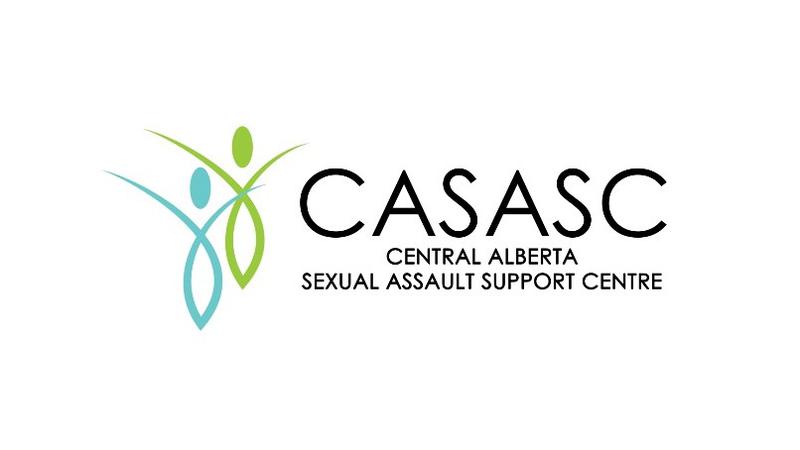
Central Alberta Sexual Assault Support Centre says sexual violence victims left behind in Budget 2023
With a large budget surplus, and 1.8 million Albertans experiencing sexual violence in their lifetimes, officials with the Central Alberta Sexual Assault Support Centre (CASASC) say it is extremely disappointing the government did nothing to address the unmet needs of survivors in Budget 2023.
In the Spring of 2022, officials say the Association of Alberta Sexual Assault Services (AASAS), on behalf of sexual assault centres across the province, submitted a business case for enhanced and ongoing funding to support survivors of sexual violence in Alberta.
CASASC officials say AASAS asked for funding in four program areas to:
- decrease the counselling wait lists (which is upwards of a year in some areas of the province)
- address the increasingly complex needs of survivors
- help survivors to access justice, and
- provide school-based and community-based prevention programs so we can keep our communities safe.


